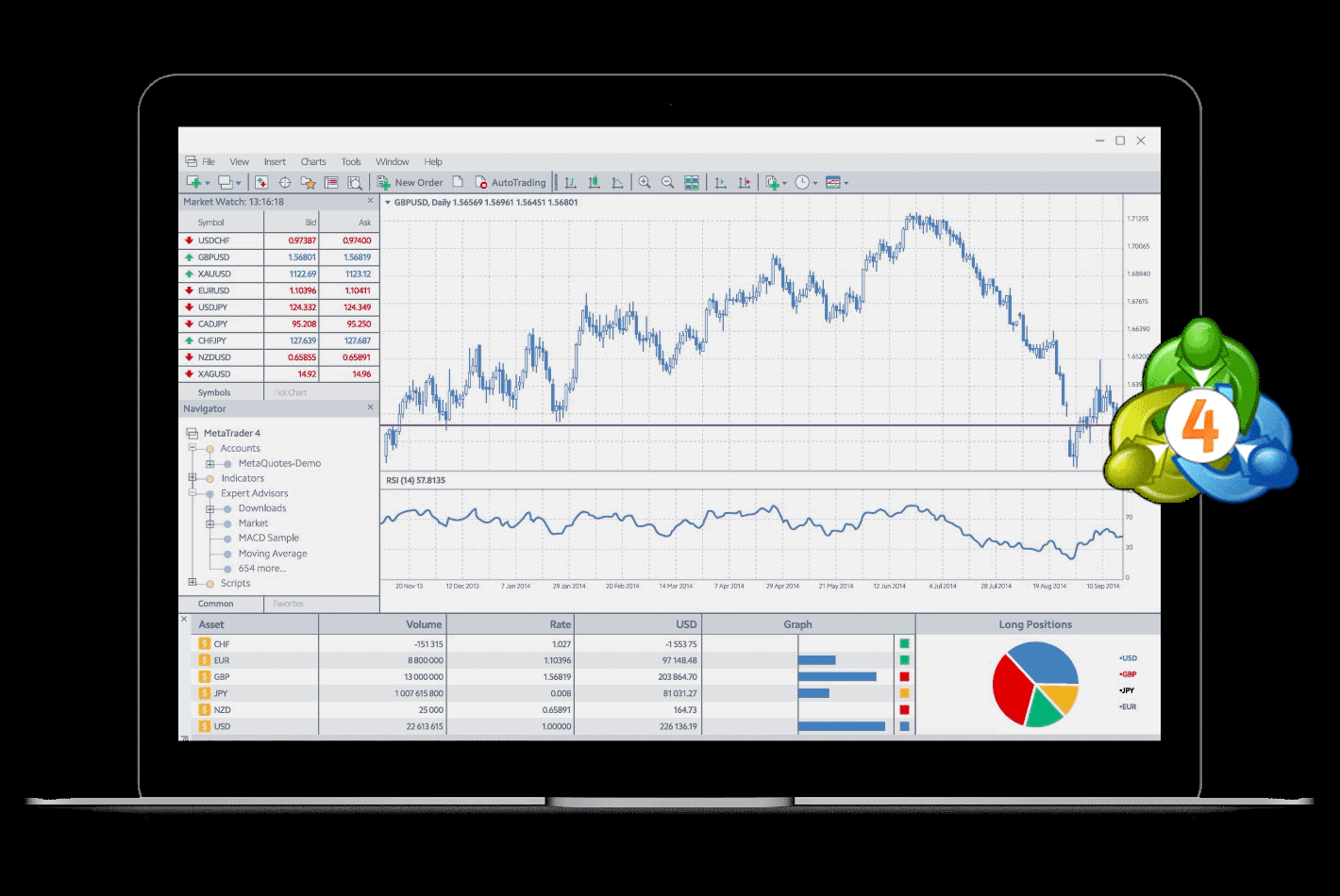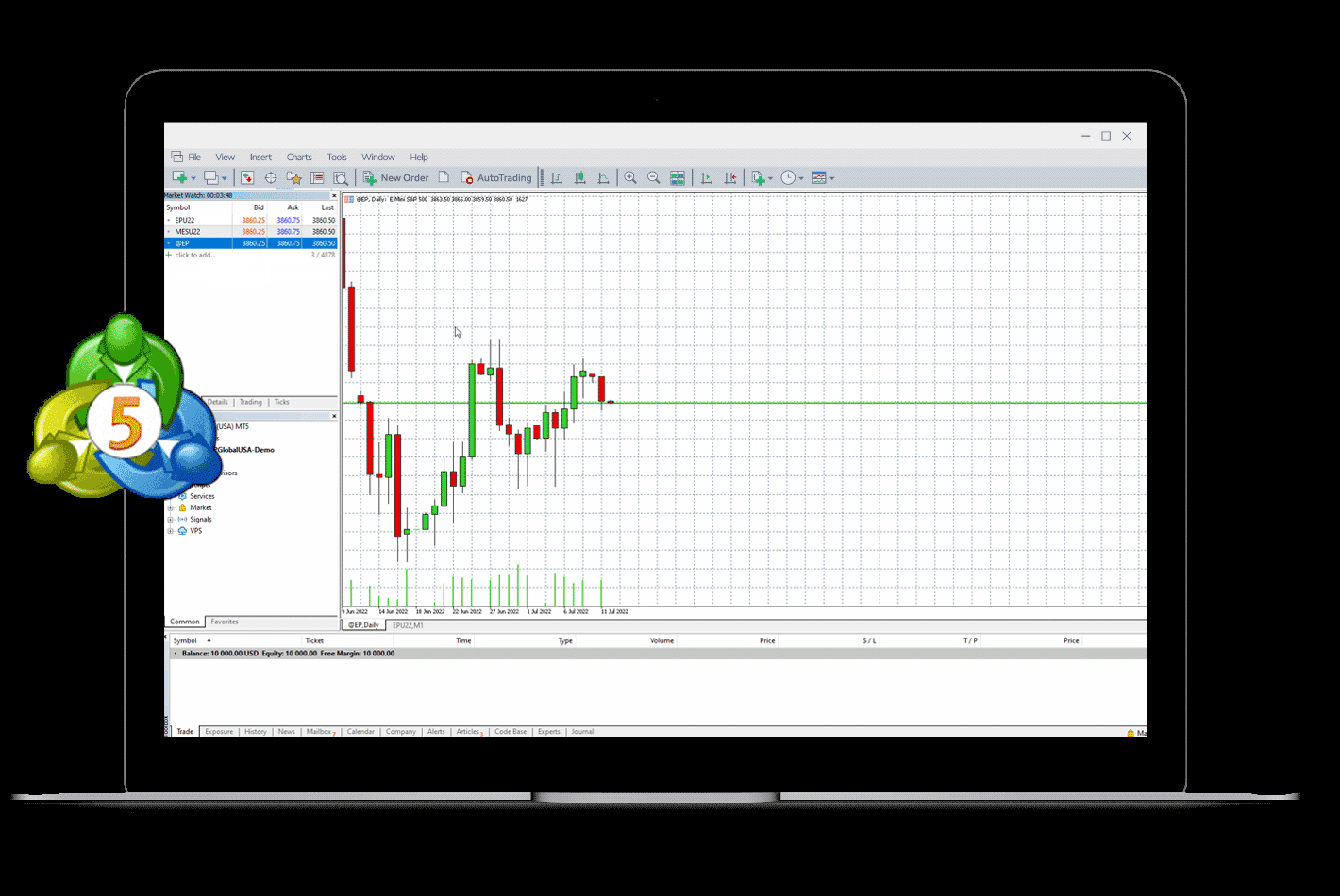Reliable Powerful and Flexible Raw Spreads from 0.0 pips 
PARTNER WITH BEST FOREX BROKER

Earn unlimited commissions and build your own affiliate business as one of our partners!
Achieve your goals with exceptional support and marketing tools.
Benefit from Forex Market potential and our unique Partnership programs
Enjoy high commissions and continuous support to grow your business
best patekphilippe on the for the consistent expansion.
COPY TRADES WITH XTREME MARKETS
Most Convenient
and Simplest Way to Trade Forex
Xtreme Markets Copy Trading Program offers the opportunity to automatically copy trades of successful traders so that you do not have to spend many hours developing your own strategy. Join the Copy Trading program now and let the selected professionals work for you!

Security of Funds

Risk
Management

Leading
Financial Safety

Accounts with
major banks

Segregated
Accounts

Negative Balance
Protection
TRADING ACCOUNT TYPES
TRADING ACCOUNT TYPES
MARKET ANALYSIS & EDUCATION

Beginner Course
Learn all the basic concept of Forex Trading and step up your trading career with XtreamForex Beginners Course.

Show Latest News
USD/JPY Nears 156.00 Amid Unchanged BoJ Bond Purchases During the Asian trading session on Friday, the USD/JPY pair climbe...

Risk Management
Learn all the strategies and Tips of Risk Management that you need to power up your Trading Career.
Show Latest News
Latest Webinar
Beginner Course
Risk Management
OUR AWARDS

Best Customer
Support Broker


Best
MT4 & MT5


Best Affiliate
Program


Best Customer
Support Broker


Best Forex Broker
Asia & Europe


Best Global
Forex Broker


Best Online
Broker in Asia


Best Client
Experience Broker


Most Popular
Forex Broker


.webp)






















